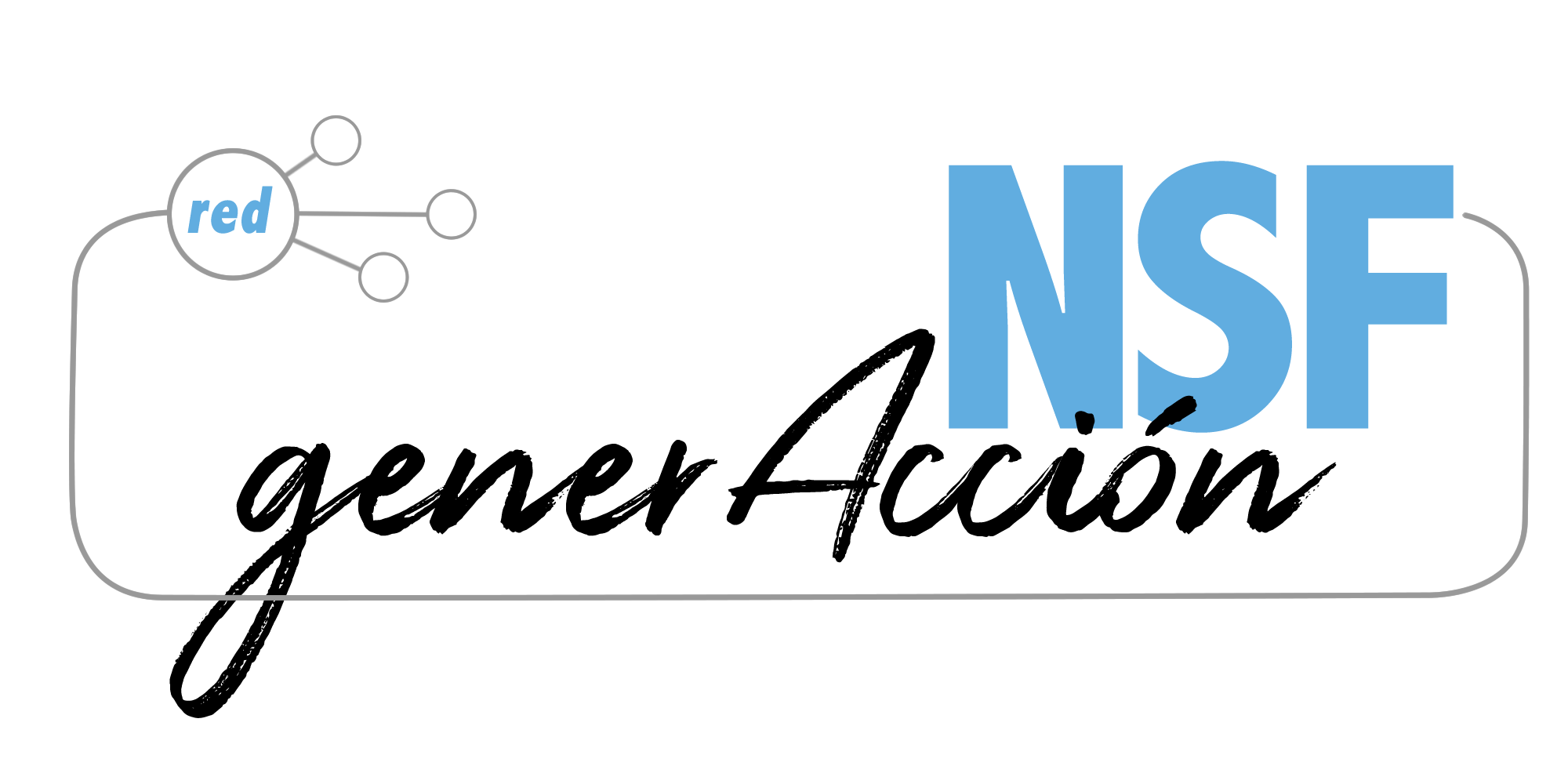In recent years, there has been a significant development of Corporate Social Responsibility. Nevertheless, since the outbreak of the crisis, we have seen an alarming growth in unemployment and precarious employment conditions, particularly among youths. Does this mean that CSR strategies on employment and work quality are easier to implement in times of abundance when they do not require such sacrifice for the company, while facing the crisis these are rapidly put aside?
As you can imagine it’s a difficult question, in the sense that in good times, we always assume that CSR is going to continue that way. If you look back at history, including in our own corporation, this has not been the case. If I broadly define CSR as being values-based, our company was created in times of crisis. This explains why we have not done the same as others, by drastically reducing on CSR. You cannot just change your policies when times are bad.
First the notion of employment and work are related to how you function as a corporation. It always relies on the state of economic situation, of course. If there is more or less economic activity, it will mean, de facto, that you will need more or less people. The question with regard to CSR, is how do you handle that downsizing which needs to happen not only on employment, but in all economic activity. So within the company, there will be employment, less promotion, less marketing. So it will affect everything. The question is how do you handle that? And there I would say there are some companies who maintain a long-term vision, and who would say employment is the last thing you should touch, based on your values.
If you create a corporation, and you have it underpinned by certain values, and that is what will drive you through your different processes, if you compromise on those values, it is like touching the very heart of who you are. There are companies who have done it. Certainly if you look back over the last two years, and compare with let’s say 10 years ago, with all the hype of the companies who joined the bandwagon. I was sometimes amazed – there were many companies who would proclaim all their successes in employment, in their work, the quality of work they offered, the satisfaction of their emp
So to be honest, when the crisis came, I was surprised at those who decided to leave the field proclaiming that it was a luxury. I don’t believe you can consider your human capital as a luxury, as a “nice to have”, but if you don’t need it you get rid of it. The question is if you downsize, my question would always be “can you do it in a responsible way?”.
And employment and work are always one of the first indicators in times of crisis, and in actual fact I would see these as disconnected from CSR as such. In the same way that they are indicators of when times get better, and people get re-employed. I just heard yesterday that the number of new companies starting up this year is 3% higher than last year. For the first time, companies are starting to hire again. And it’s not given as a sign of how responsible companies are, it’s just that the economy is picking up again.
In terms of employment quality, one important element during the crisis was those left behind in the company, who still had to maintain the levels of productivity, and there were less of them – so this added considerable stress on the workforce in general. This is regardless of any values you share within your corporation, and I often wonder what impact this will have. I only hope that you have units or leaders who will respect and understand this; but often you see that the expected outputs and the ambitions remain the same, business plans do not change, but just with less people – and this just adds to the stress of the people who remain in the company. And in this regard it will affect the quality of work.
Another impact of the economic crisis has been the increase social demands for a new economic model, and we are beginning to speak of concepts such as “the economy in the service of social values”, “the development of an economy of proximity to face the globalised economy”, “CSR in a globalised world”, “helping others to develop”, “Public-Private partnerships”… What, in your understanding, are the biggest challenges facing companies in coming years, in order to implement a new societal model? What is the potential role of social innovation in this realm, and where should it focus its attention?
I think there are probably three main issues here.
The first is that there is this fear within many companies that stakeholder management means that you cannot take decisions alone anymore. I think it’s a gross misunderstanding. Many people say that if you engage in a values-based approach, bringing in stakeholders to help build and drive your future, they would argue that one of the key challenges is taking the right decision if it has to take into account the views and expectations of the different stakeholders. Now I think that’s probably one of the biggest misunderstandings about stakeholder management. But it’s no excuse not to decide! You still have to make a decision!
The thing that stakeholder management needs to bring – and this is what leadership in corporations are trying to understand – is “how can I move forward, and how can I give evidence of the value we would have in a given setting, but still decide. This may not be pleasant for certain stakeholders. Therefore you need to manage that kind of expectation from them. This in itself is stakeholder management. And what is satisfactory to one stakeholder may actually be just the opposite for another.

I often give this example: when I was sitting in a panel of NGOs in Belgium discussing health care technology, and one person said that some of the products we are selling in Africa are far too expensive.
And we discussed the case of sutures there is a double argument to the story: the sutures we sold in Africa came from a plant in Scotland, which employed 1200 people. Now we also have a plant in Mumbai. So one solution we found was that hospitals in Africa would source from a different origin within J&J. So from then on sutures exports came mainly from Mumbai. But this meant the overall production levels in Scotland had to be reduced. So what does that mean? The Scottish plant had to reduce staff by 400, and then a further 200. So on the one hand, stakeholders and NGOs from Africa were satisfied by sutures at a cheaper price due to labour costs in India, but on the other hand, we had issues with labour unions in Scotland, on how we were going to handle the downsizing, and why it was taking place etc… it was well handled, because there were good relations, and because Ethicon (the Scottish provider) had been there for a long time. But it’s a typical situation of managing very diverse stakeholder expectations.
The second element is regarding stakeholder management being seen as the ultimate solution, and that once you’ve figured it out you’re ok. And there is no such thing as an ‘ok’. The moment you embark in this process of involving stakeholders in your decision-making process, there is no way back. There’s never an end to it. The key question is ‘where are the limitations of that?’. People are very quickly convinced that we need to have dialogue, we need to have engagement. Companies should open up, be less defensive. But then when you have solved one specific issue, then two weeks later another issue will come up, which will require different solutions. Company leaders have fear as regards the scope of their engagement, what they are entering into. So there is interest and motivation to engage, but we need to understand when it ends. It’s a journey, a different way of managing on a continuous process. This is different from working with internal stakeholders, where you have more control and power. With external stakeholders, you’re not alone.
The third element, and most difficult issue now with the crisis, is the notion of long term / short term management. This is intimately related to the way in which the whole capitalist structure functions. More and more, as a result of the economic crisis, people need to demonstrate results in this information society. If demonstrating them now is ok, nobody worries about what they will be in 6 months time. Whereas if you start looking at the long term, it may be more beneficial having less good results in the short term, but ensuring a long term sustainable growth model.
Right now, I do not see long-term thinking. Many companies don’t want to look long term now. The way the media are functioning, and the way in which companies are reporting results on a quarterly basis, has immediate impact on the stock market. The Bertelsmann Foundation published some research a few years ago, around differences in perception on sustainable growth between publicly owned companies and family owned companies. The family relies less on the stock market. For instance, Porsche, a family-run company, never disclosed financial information, but all that has changed, there are conflicts within the family, which becomes a factor of instability within the company. I’m not convinced that a family owned company would be more sustainable or have a better story to tell.
To me, the role of the stock market is crucial: in the next 5 years, if we could think of slightly different ways to measure for instance performance, or the remuneration for risk providers (that’s what shareholders are), focusing not only on return on investment and dividends. That is what capitalism is all about, and in many cases (such as hedge funds for instance), they are not looking for growth, but short-term maximisation of capital: their only goal is to make as much money, as quickly as possible, regardless of sustainable growth of the company.
In the financial sector today, we thought that as a result of the crisis and the resulting public outcry, tougher rules would be put in place, and there would be an understanding that economic cycles would be shorter than before- we will more frequently move from growth to crisis and back again. We would hope that people would learn the lesson, begin to focus on the long-term, try to reach for sustainable profits, deeply embedded and acceptable. And I have not seen that happen yet.
Yet for instance some initiatives have taken place, such as laws on economic transactions in the US. This is not rocket science, but it’s much better than before. But we don’t know where all this is going to go. I was certainly more optimistic during the crisis than I am now. People do not seem to learn from the past.
Look at well being, the ‘wellness diseases’ everyone talks about: if you look at Germany. If the government is willing to inject 1 billion Euro over the next ten years, you can have a considerable impact on things like obesity and diabetes. But this requires considerable capital, awareness raising for behavioural changes… and it would have huge impact on health care expenses in one decade. The potential impact has been proven clearly, but still nobody will vote for this, because nobody is interested in deliverables in ten years’ time. If a health minister says today that in 10 years time the cost of health care will be reduced by a certain percentage, nobody will listen to you and you will not be elected.
Social Innovation can serve to illustrate role models of companies, partnerships etc. which are interesting. There is much to hope from new innovators, including social entrepreneurs, but also innovative partnership ventures between companies and different stakeholders, which go beyond traditional stakeholder partnerships, towards a joint responsibility for the entire venture, including profits. We have hybrid cars, why can we not have hybrid business models?
The problem with Social Innovation is that it is used everywhere, all the time, and nobody knows exactly what it means. What are the limits of social innovation? Is any new medical technology on the market a social innovation because it improves the health of people?
An interesting question to raise is the following: if you look at the new emerging green industry (clean energy, clean mobility etc), I wonder whether these companies will be more responsible from a CSR perspective? Their product may be responsible, but are they rune as a responsible company? Will they not fall into the same trap? When Lord Lever (founder of Unilever) created the first Sunlight Soap, in 1885, his mission was to “revolutionise Victorian England’s standards of cleanliness and hygiene”. Was this not a social innovation? It brought a big improvement to hygene, had a major impact on people’s health, and they made money. And look at where Unilever is today!
In their recruitment processes, companies are increasingly seeking professionals who are engaged with corporate values, and youths are increasingly seeking employment with companies with whom they share similar societal values. What is the capacity of young employees to raise awareness within companies to further engage in CSR?
I still want to believe that they do have a capacity to change things. It is ultimately education, which will give you a set of skills and competencies, and also a set of values. The generation of youth today has more sense of values than we ever had in our times. Although in crisis moments, we can challenge that. But people are not content with just having a salary anymore. There has to be more, otherwise they change. Young people today are exposed to much more information through the media, internet, etc than we were; these inspire their value system.
You clearly see this at recruitment fairs: companies profile themselves on values and responsibility, they claim not only to offer good jobs, but a good working environment, stimulating… this is part of the offering.
One you move into a company, it becomes more difficult to think about these things – new ideas, values…, especially in the current context. We can only hope that we give these people space to think, and that within the company they have people higher up who listen to them. We constantly hear about the MBAs who are hired into the company, they have strong expectations, and if they are not met, they are disappointed and they leave.
What is needed are informal spaces for these young people to be heard, not formal systems, but companies must invest time and energy to develop these spaces. Time and energy of new recruits is totally consumed by learning, and little attention is given to dialogue on another level, around values, aspirations, beliefs, personal ambitions and issues. Young people are constantly making an assessment between their expectations and reality. Of course, they can live with a balance where not all their expectations are met, but they cannot be motivated, or even stay, with a job where none of their expectations are met.
One of the fundamental change processes within companies has been the expansion of the workplace from being considered only a place of production of goods and services, to a place of learning and personal development. To what extent are companies engaging in the creation of personal wealth, and the recognition of subjective interests of it’s employees?
One must consider the difference between formal reality and informal reality. Formally, eveeryone is there to deliver. There are processes which are established for personal development, but they are pre-determined, pre-formatted.
Next to that, we have informal reality. You can expose young people to different ways of thinking. Here you see some innovative initiatives. Suddenly people have an eagerness to learn new things, in new ways, but not along a pre-determined path and formal processes. For instance, a manager at J&J asked to take a sabbatical for 12 months. At first, the position of management was defensive, in that they did not want to lose him, wanted to protect their interests. They accepted, and when he came back from the sabbatical, shared what he’d learned, how he’d reconnected, his motivation and dedication to the company were such that we now proactively encourage people to do this. There is no formal process, we are testing different models (different conditions, under salary, sabbatical…) where you step out but remain connected to the company. We have tested this with several people, and all have come back with increased loyalty to the company, and also an immense experience they never had before.
If we compare the outcomes of the MBA programmes and other training & education programmes we (J&J) finance each year for our staff, with the outcomes of minor investments of sabbaticals etc, the outcomes are often much more positive when you encourage people to go their own way, for instance to work as a change manager in a community hospital in Tanzania, rather than attend an executive MBA programme.
But you need to be able to prove that, and the minute you formalise these informal processes, you put them in a box, set policies, etc. you make it part of the traditional track. The principle of a values-based corporation is quite lose, you have a centre, you have a core, and then you have outer circle which works in osmosis with society outside. This needs to remain informal, maybe even without formal approval! There are some formal elements of course – they are expected to explain the plan, expected achievements in their project, and deliver a report including how it affected them personally, and the community in which they work.
Some companies in Silicon Valley go even further: they encourage staff to do what they want for 1 or 2 days a week! While this of course cannot work for everyone, alot of innovation, outputs, productivity and value for the company as well as for the individuals can come out of such informal systems.









